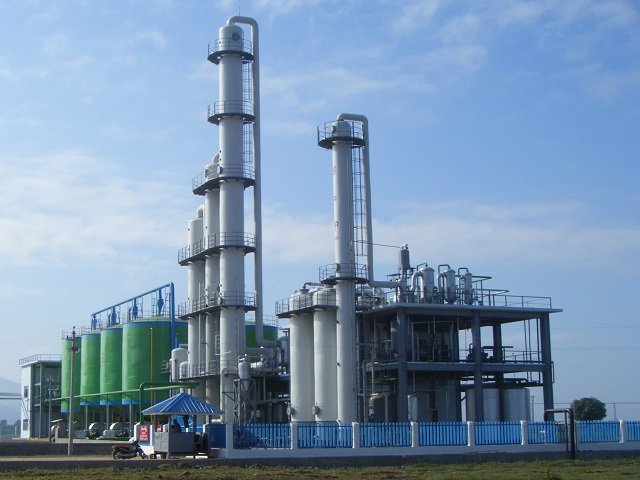
Kerone Engineering Solutions Ltd. is at the front of new developments in renewable energy. We are experts in the creation, building, and manufacturing of modern cellulosic ethanol plants and were founded with the goal of revolutionizing the biofuel business. Our modern facilities are built to effectively convert cellulose-rich feedstocks into high-quality ethanol, a renewable and environmentally responsible substitute for conventional fossil fuels. The machine acquire the feedstocks from agricultural waste, forestry waste, and special energy crops because we are dedicated to sustainability and want to leave an environmental footprint as possible.
Environmental responsibility is a fundamental value of Kerone. In order to lower greenhouse gas emissions and support a circular economy, our constructions are built with the most innovative green technology available, including waste recycling and energy-efficient systems. With a clean and renewable energy source that can dramatically lower carbon emissions and lessen our reliance on fossil fuels, we are committed to assisting in the development of a more environmentally friendly and sustainable future.
The Cellulosic Ethanol Plant is a high-tech industrial facility created to make ethanol from cellulose-rich feedstocks like agricultural waste, woody biomass, and special energy crops like switchgrass and miscanthus. Ethanol is a renewable and sustainable biofuel. A significant advancement in the search for cleaner, more ecologically friendly energy sources is this cutting-edge facility. These cellulose-rich materials are first gathered and prepared, and then they go through a variety of mechanical, chemical, and other processes in order to convert the complex cellulose molecules into simpler sugars. Following the fermentation of these sugars by specific microbes, usually yeast or bacteria, ethanol is created.
The facility uses modern equipment, like fermentation tanks and enzyme hydrolysis, to maximize the effectiveness of these processes. As a result, there will be a considerable reduction in greenhouse gas emissions and our dependency on fossil fuels. The resultant ethanol can be used as a standalone fuel or in a gasoline blend. Cellulosic ethanol plants are an essential part of sustainable energy plans because they turn non-food biomass into a useful energy source while having the least negative effects on the environment. They are an essential component in the shift to a more sustainable energy future because of their contribution to the development of the biofuel industry and the reduction of carbon footprints.